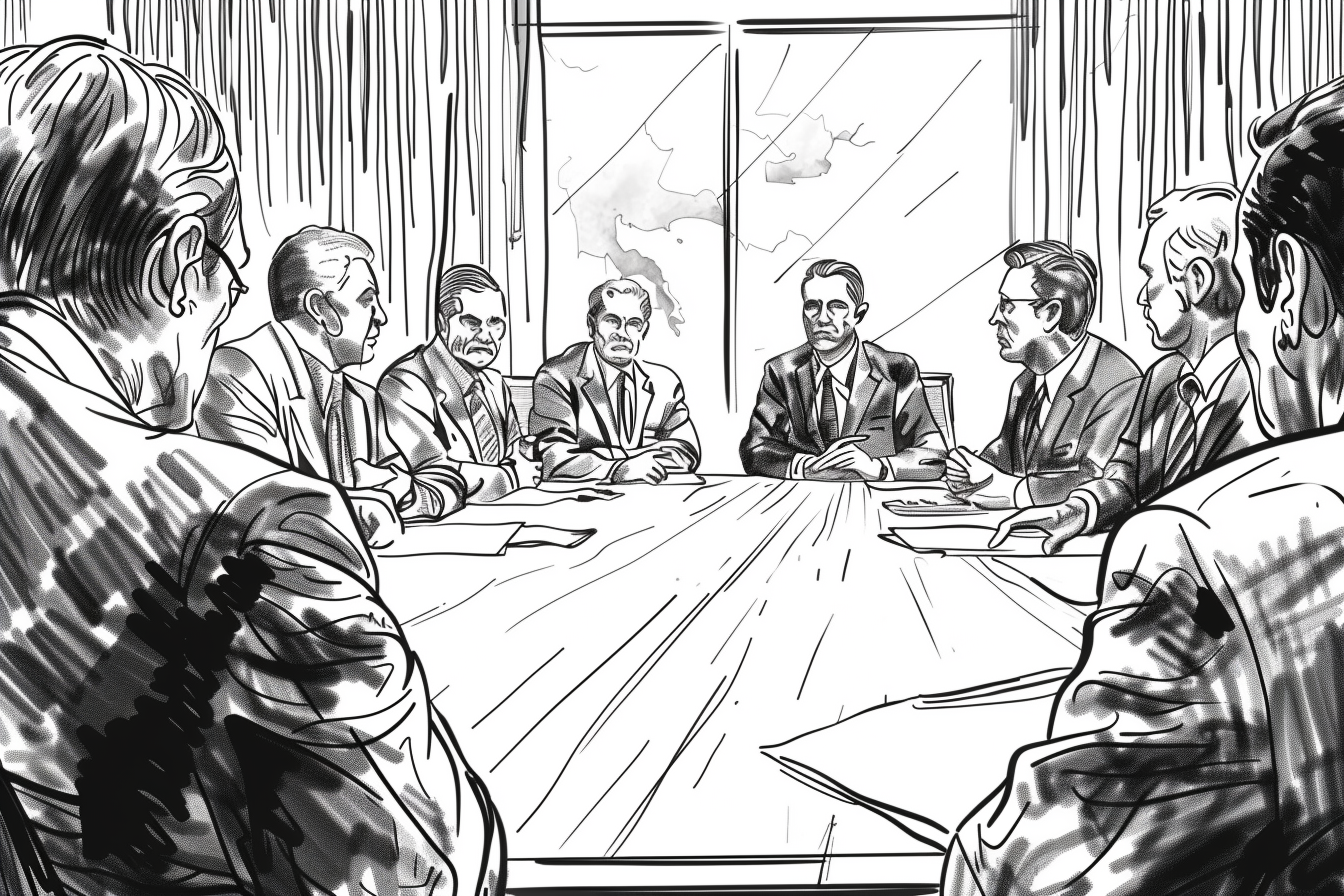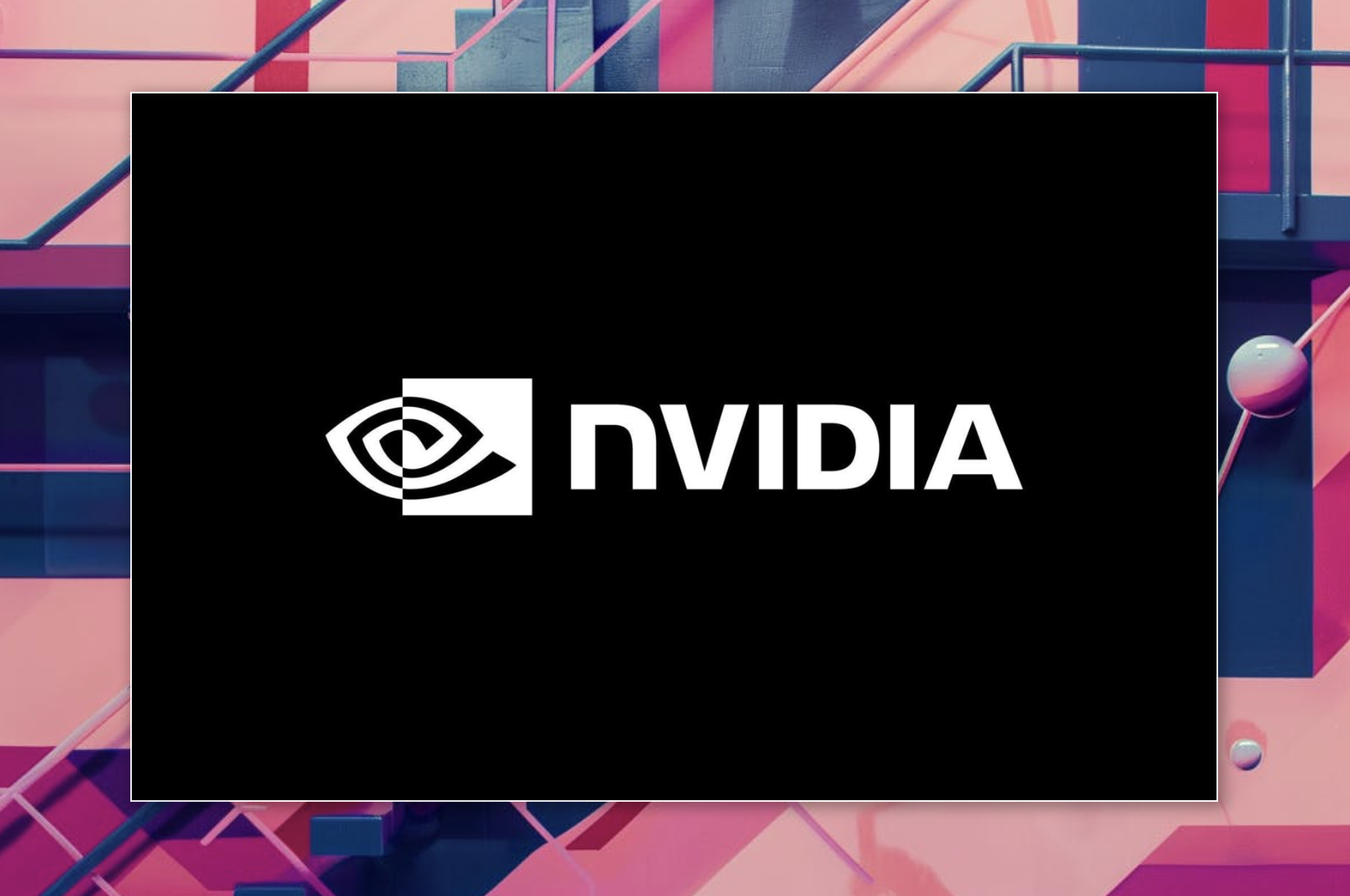
- Startup acquisitions by venture-backed startups are slowing down, with smaller deals on the rise.
- Large-cap technology companies like Apple and Microsoft are inactive in startup acquisitions due to antitrust concerns and tax issues.
- In 2023, only over 650 funded startups globally were acquired by other funded startups, with disclosed deal sizes decreasing.
Startup acquisitions by venture-backed startups have been slowing down, with smaller deals becoming more common. Large-cap technology companies like Apple and Microsoft are not active in startup acquisitions due to antitrust concerns and tax issues, leaving startups with limited options for exits.
What to know: For venture-backed startups, the trend of selling to other startups is slowing down. In 2023, just over 650 funded startups globally were acquired by other funded startups, marking the lowest total in three years. This year continues the slow pace, with disclosed deal sizes also decreasing. The median disclosed deal size in 2023 was around $30 million, down from about $40 million in 2022. While exceptions exist, such as Databricks' $1.3 billion purchase of MosaicML, many deals remain undisclosed, likely indicating modest returns for founders and investors.
Looking ahead: Despite the decrease in overall M&A activity, startup acquisitions by other startups remain prevalent. Since the beginning of last year, more than 80% of acquired startups sold to another startup, with only 142 selling to public companies. Large-cap technology companies, like Apple, Microsoft, Google, Amazon, and Nvidia, have been less active in acquiring startups due to antitrust concerns and tax implications. Regulatory scrutiny and the impact on earnings predictability also contribute to their hesitance in making MA moves.
Deeper details: In the startup ecosystem, limited options exist for startups seeking partners, especially when facing financial constraints. Acquisitions by other startups may be the most viable strategy, even if not at top dollar. While the acquiring startup may offer less, it provides an opportunity for the acquired company to scale its technology and products, potentially under a new brand. This dynamic resembles a game of musical chairs, where startups may find themselves with few alternatives when looking to be acquired.



